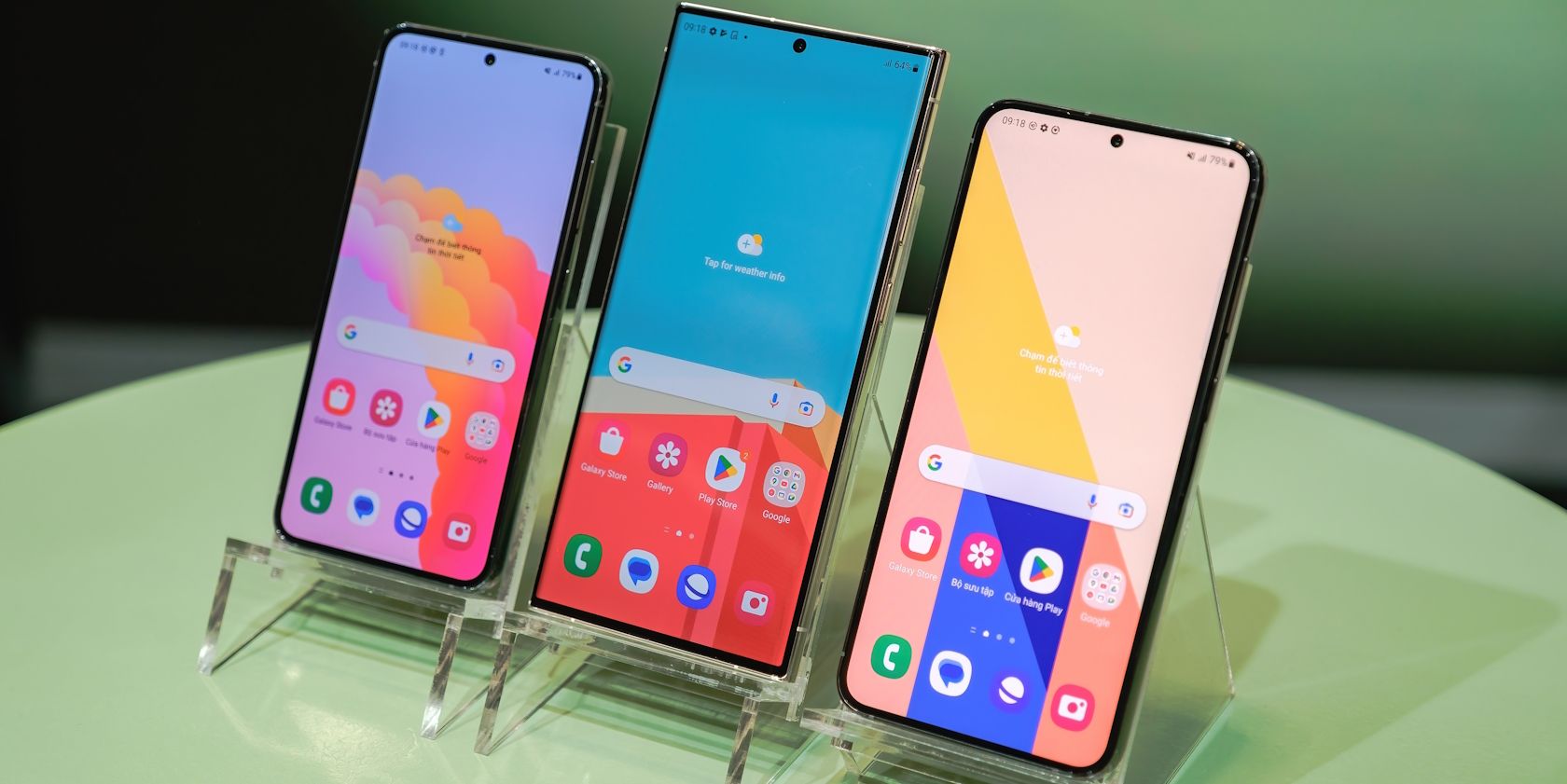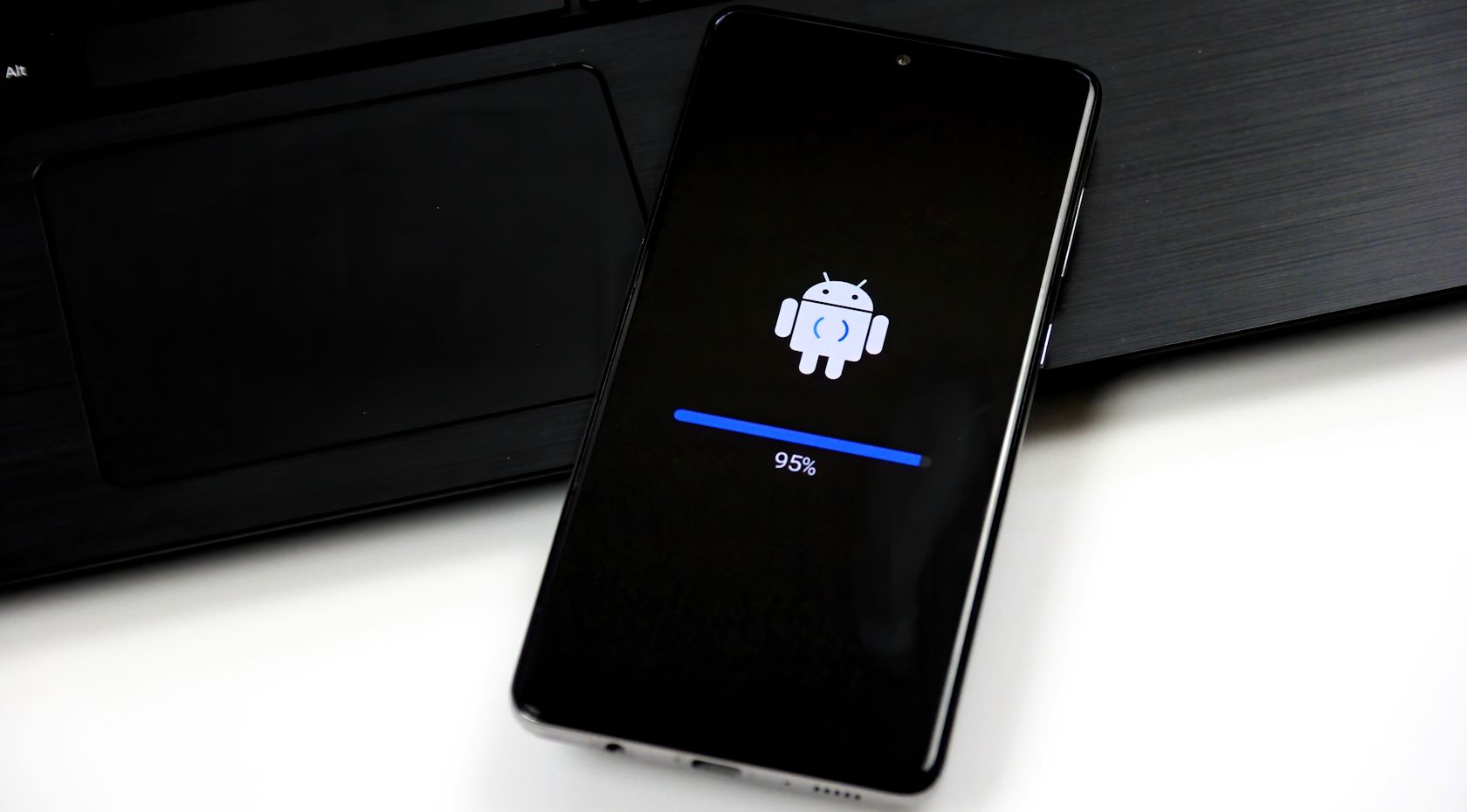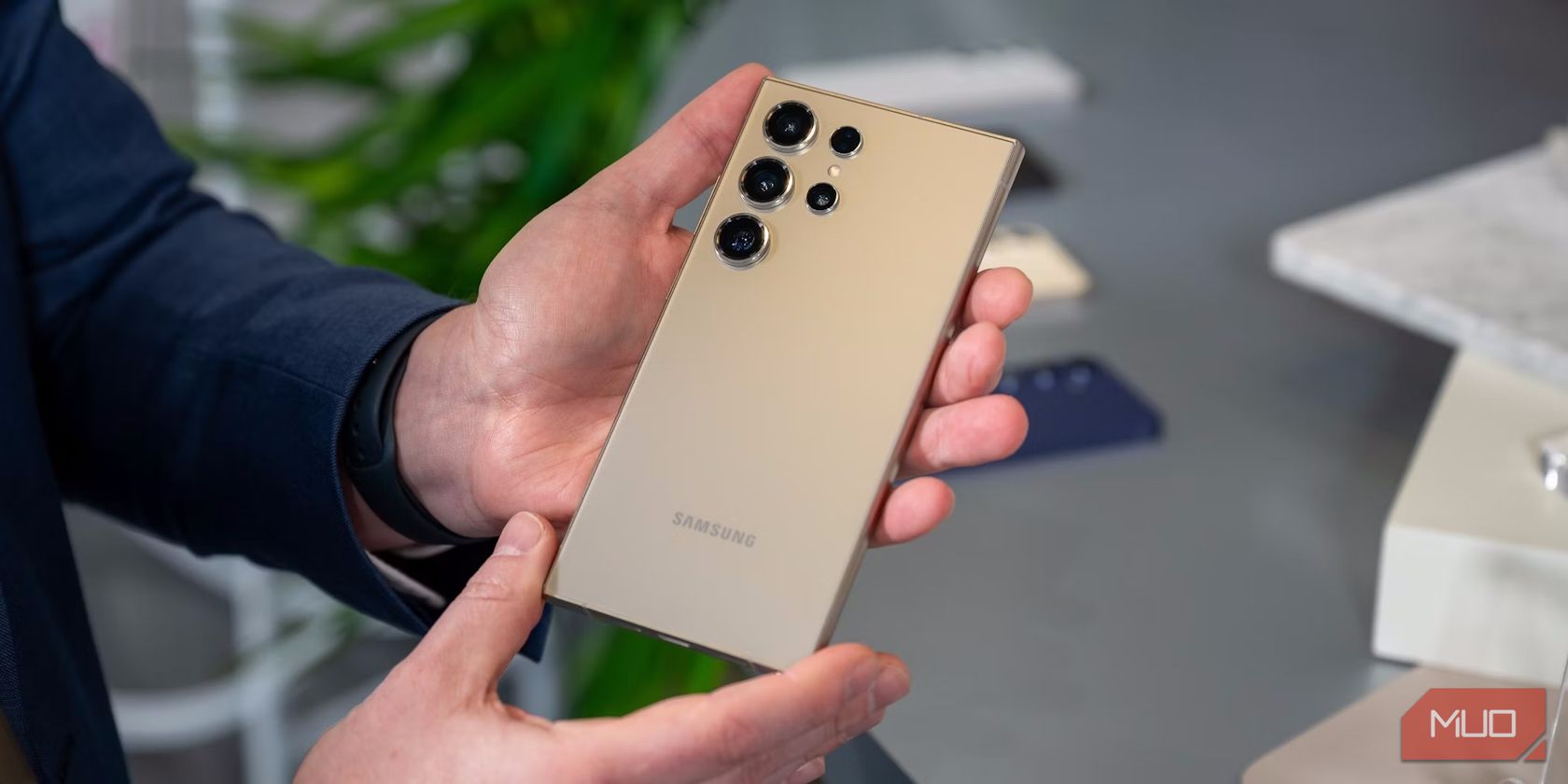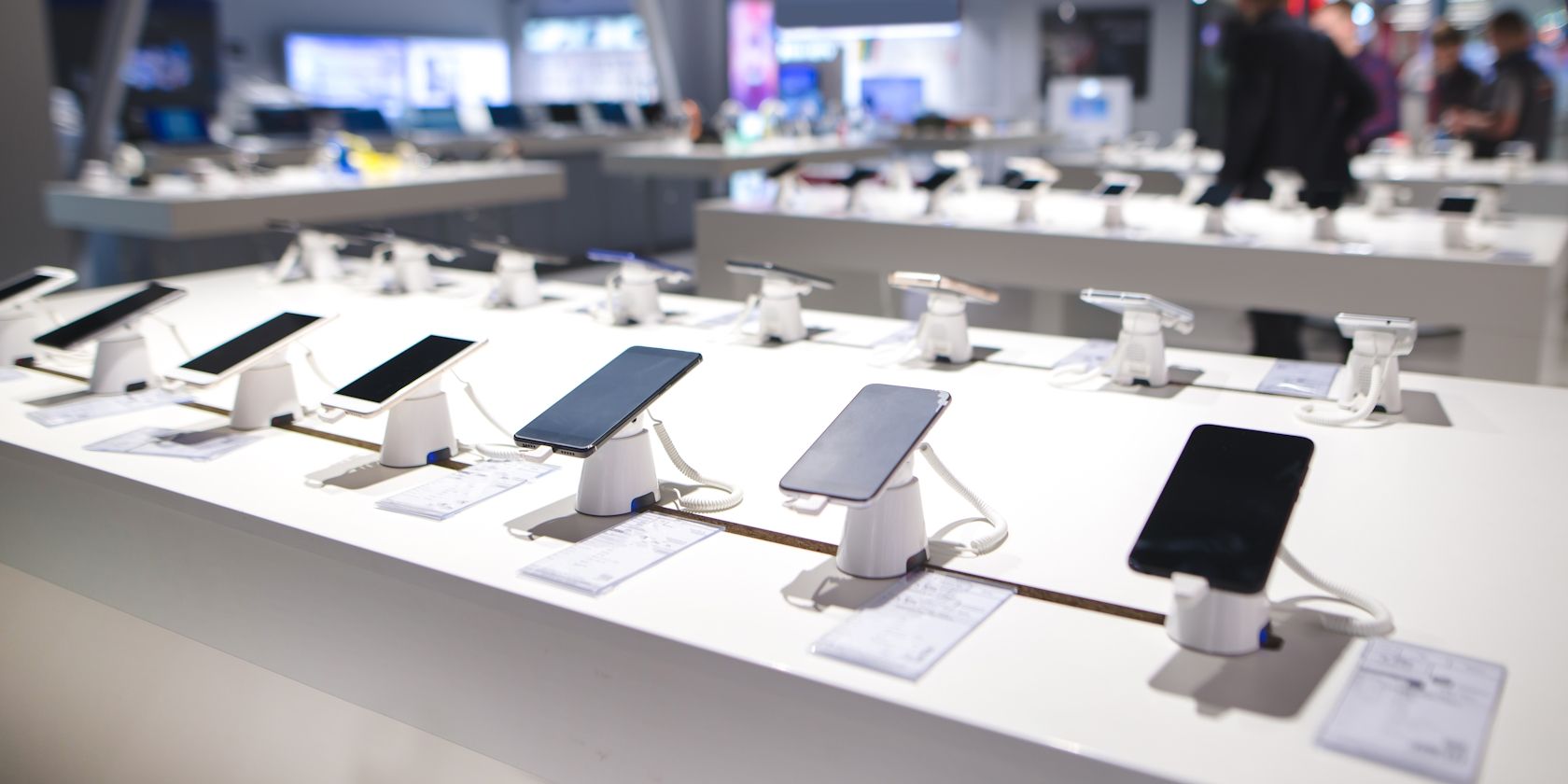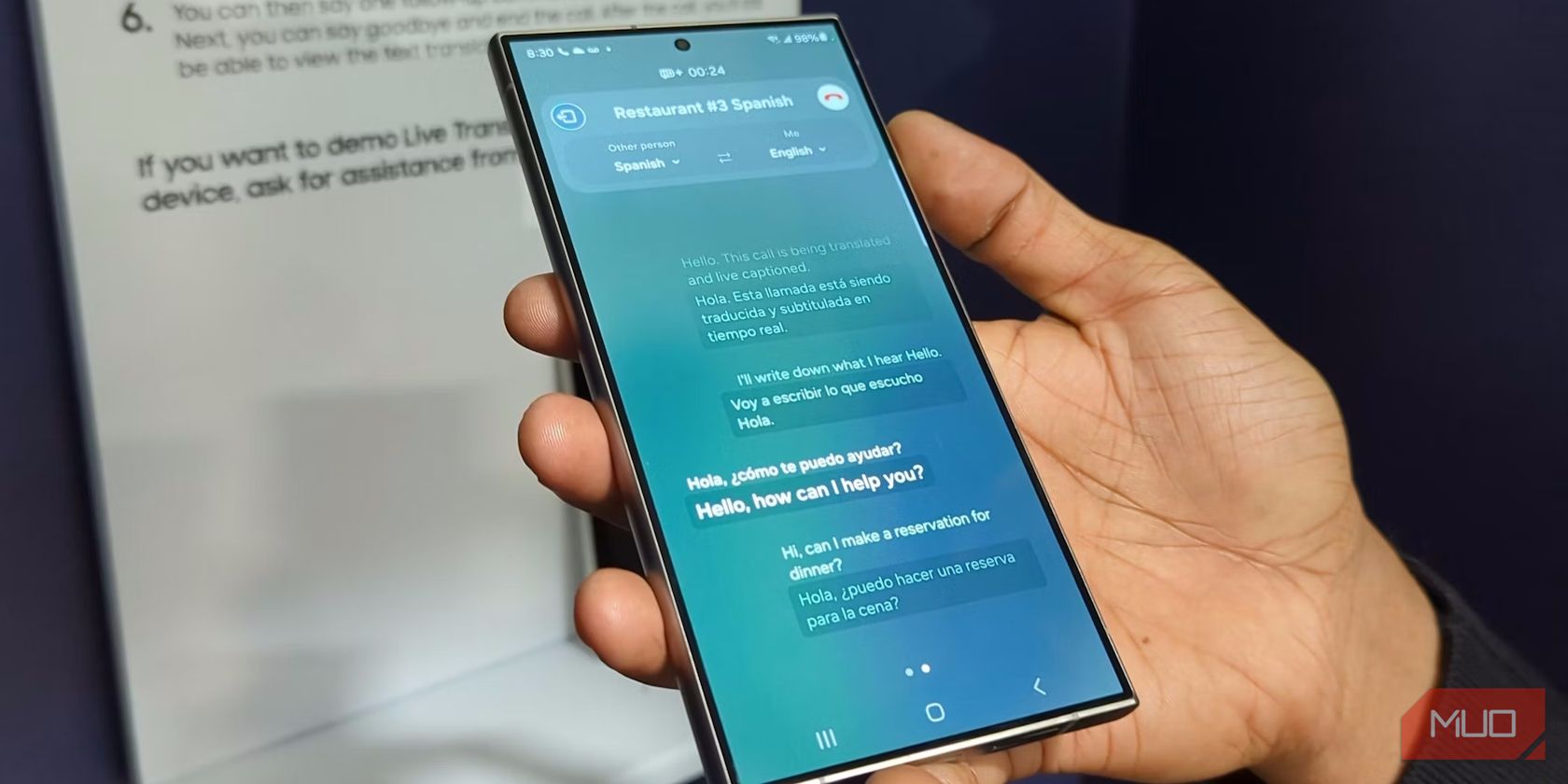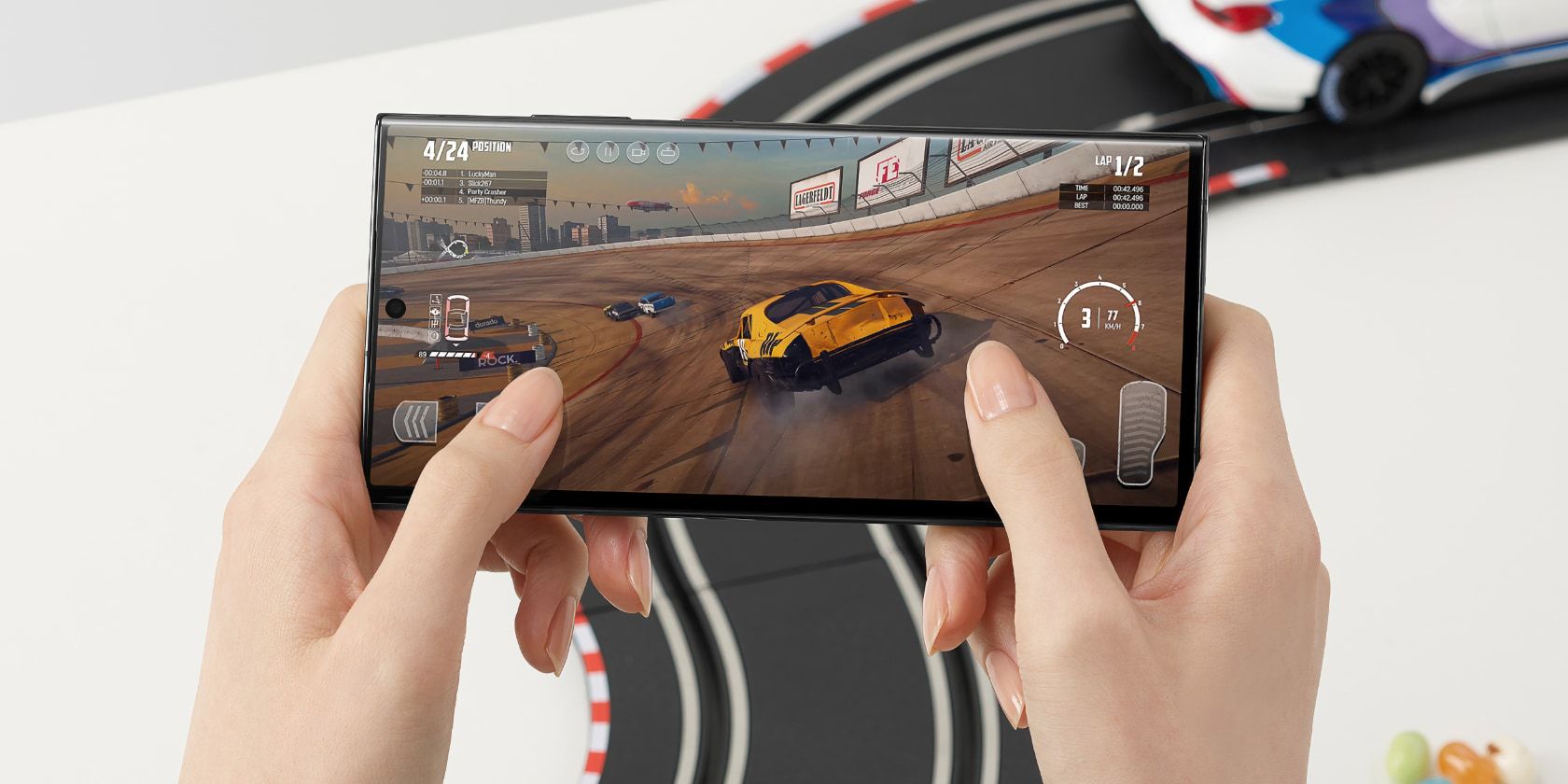Quick Links
Key Takeaways
- Android is a mobile operating system. Samsung is a consumer electronics manufacturer.
- Samsung manufactures its phones and tablets under the brand name "Galaxy." These devices run on Android OS.
- Samsung adds a custom skin on top of Android that provides additional features, apps, and services. This helps differentiate Galaxy devices from the competition.
If you aren't tech-savvy, it's easy to get confused about different operating systems, manufacturers, device models, and specifications. One such example is people perceiving "Samsung" and "Android" as synonymous, which isn't entirely correct. Let's understand the difference between Samsung and Android phones.
Samsung Phones Run on Android OS
Android is a mobile operating system, whereas Samsung manufactures phones and tablets that run on Android. Simply put, Android provides the platform on which your Samsung phone runs apps and services.
Just like how Windows and macOS are operating systems for desktop computers, Android is one of the two major operating systems for mobile devices. The other one is Apple's iOS, which runs on iPhones.
That said, other smartphone operating systems do exist, some of which are defunct and no longer developed, including Windows Mobile, BlackBerry OS, and Tizen.
Note that Android is not a company and doesn't manufacture smartphones, in the same way Windows is not a company, but Microsoft is.
Manufacturers often integrate Google Mobile Services (GMS) alongside Android, which provides Google-licensed interfaces and apps like Google Search and Google Chrome. However, Android and GMS aren't intrinsically linked; a phone could run Android but still use proprietary interfaces and apps.
Google owns and develops Android, but the operating system itself is free and open-source for other developers to use and customize. More on that soon.
How Are Samsung Phones Different From Other Android Devices?
We've established that Android is an operating system, so how does Samsung fit into this? Samsung is a global electronics company that produces equipment like monitors, smart home appliances, and TVs. It also manufactures and sells smartphones, tablets, and other consumer electronics gadgets.
Samsung sells its smartphones under the brand name "Galaxy," which splits out into product lines like Galaxy Z (foldable devices) and Galaxy S (top-tier, high-performance devices). Though Samsung has dabbled with other mobile operating systems, all Samsung Galaxy smartphones currently run the Android operating system.
One thing that differentiates Samsung phones from other phones that run on Android is One UI (formerly called Samsung Experience and TouchWiz). One UI is the custom "skin" or layer of software that Samsung adds on top of Android to make its Galaxy devices stand out from other options.
One UI is considered one of the best Android skins, as it's packed with features, customization options, and Samsung apps and services that Android does not offer. Some of these features include Edge Panels, Modes and Routines, Secure Folder, and the Bixby voice assistant. In fact, many of Samsung's software innovations have been adopted into the core Android experience.
Are All Android Phones the Same?
No, all Android phones are not the same. Samsung is just one of the many companies that use Android for its devices. Other major smartphone makers include Google, Sony, Motorola, OnePlus, Xiaomi, Oppo, and Vivo.
Just like Samsung, all of these major smartphone manufacturers add their custom skin on top of Android. This helps them differentiate their devices, stand out against the competition, and offer something unique to their customers.
Some Android skins are mostly about aesthetics, whereas some are focused on providing more functionality. You can learn all about Android skins and why companies prefer them over stock Android.
The core, unaltered Android experience developed by Google is known as "stock Android." It used to be rare to find a phone that would offer the stock Android experience. Nowadays, it's slightly more common, especially with Google's Pixel phones rivaling Samsung's offerings.
Do Samsung Phones Evolve With Android?
Android is an ever-evolving operating system. Google rolls out a new major version each year. For a long time, Android named its versions after desserts (Nougat, Oreo, Pie), but now sticks to numerical naming like Android 13 and Android 14.
As Android evolves, so does Samsung's One UI. Generally, Samsung rolls out a new major One UI version for each major Android upgrade, but the company also releases minor updates within that cycle. For instance, the feature-packed One UI 6 update is based on Android 14, but the newer One UI 6.1 update unlocks Galaxy AI features on older Samsung phones.
Your Samsung phone won't receive Android or One UI updates indefinitely. Samsung typically supports its newer devices with these major updates for four years after release. After that, your phone will only receive critical security updates, though even those will stop eventually.
It's worth noting that Samsung is improving in terms of software support, promising seven years of major Android updates and security updates for the entire Galaxy S24 lineup.
However, since Samsung phones use a custom skin, they won't receive updates as quickly as Google Pixel phones that run stock Android. Also, how quickly you get One UI updates depends on your location and phone carrier.
Does Samsung Make the Best Android Phones?
Now that you know the differences between Samsung and Android, should you buy a Samsung phone that uses Android? That's down to personal preference, though there's a good reason why Samsung sells the vast majority of Android phones. According to Statcounter, Samsung holds 23.69% of the global smartphone market share at the time of writing, second only to Apple.
There are plenty of Samsung phones for every budget; if you can afford it, stretch for the Galaxy S line to benefit from the best hardware, though the Galaxy A line is more affordable without too many sacrifices.
However, if you're not a huge fan of Samsung's custom One UI skin, consider checking out other manufacturers. Google Pixel phones, with their stock Android experience, might be right up your alley. Alternatively, you can sack Android entirely and go for an iPhone—Apple develops both the hardware and software with all the quality you'd expect from the company.
The Galaxy S series was born in 2010, with the first phone in the lineup selling over 20 million units. Though Samsung stumbled at the halfway point, the company has pulled the brand back and is never shy to innovate. Whether you want a flat display, a curved screen, or a foldable phone, Samsung has something in store you'd like.

